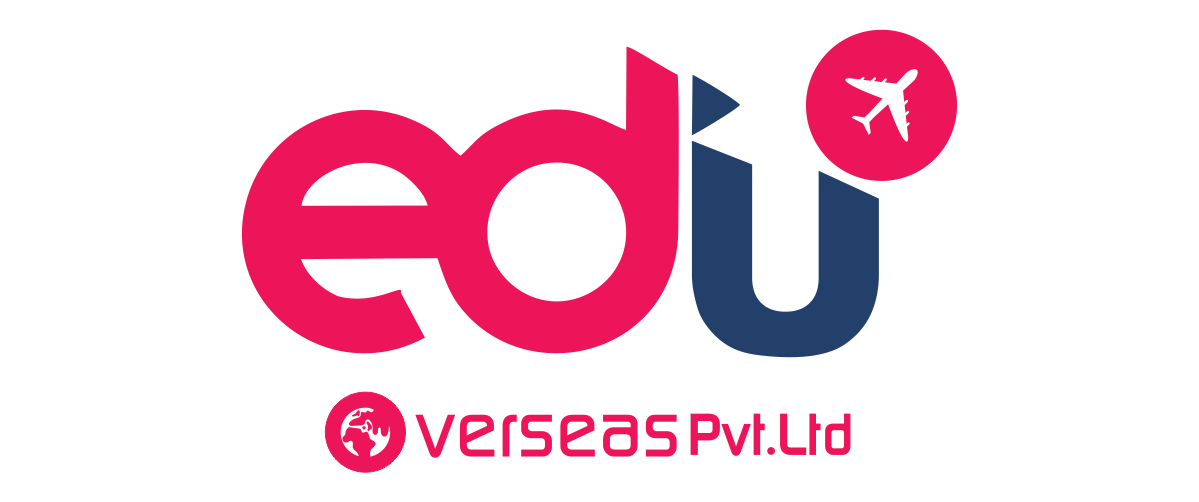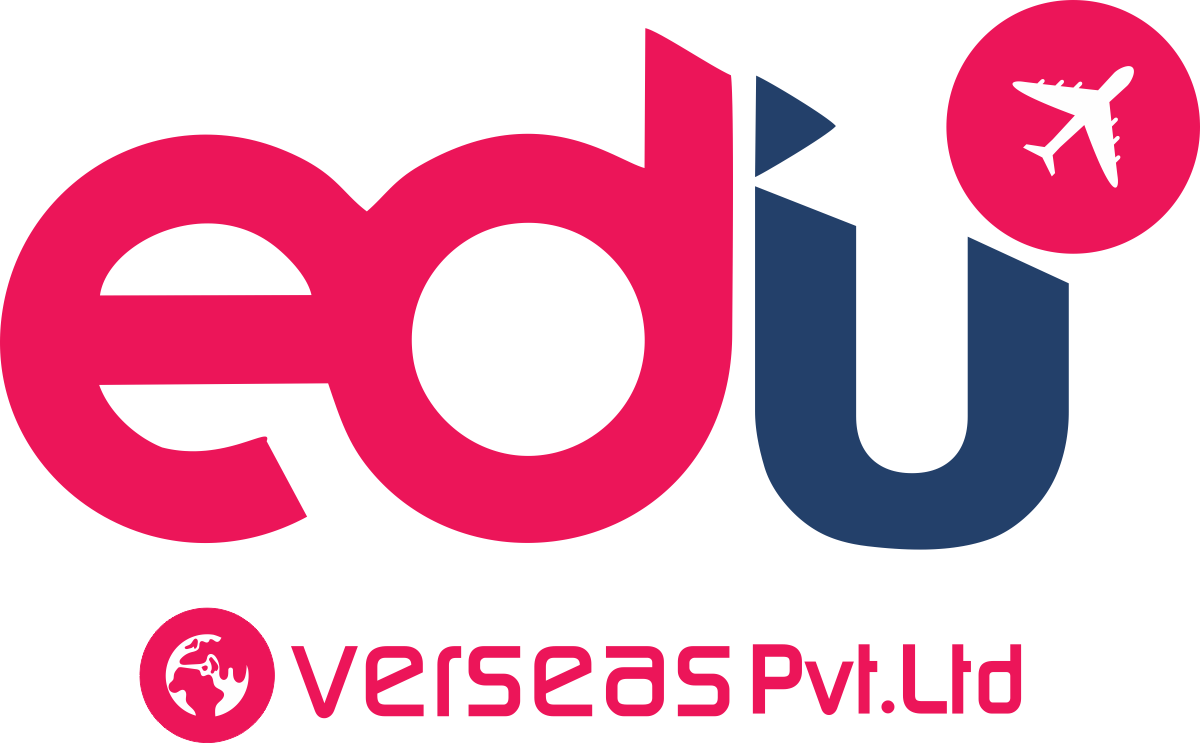TRAINING SERVICES
EDU OVERSEAS PVT LTD training programs have been developed and are continually updated, based not only on the latest international management principles and practices, but also on field research, first-hand experience, and in-depth knowledge of the region and the specific requirements of organizations.
We conduct International Training Programs in Dubai, Malaysia, Turkey, Bangkok, and Srilanka
We offer diverse National and foreign training programs in Dubai, Malaysia, Turkey,
Thailand, Srilanka, and UK for NGO Management that includes HR, Finance & Auditing,
M& E, Procurement, Health, Wash, Education, Advocacy, Commodities (NFIs and GFD), Livelihood, DRR, Child Protection, Safety & security, women development, and Program writing unit.
IN-SITE TRAINING PROGRAM
Most of the training programs described in this catalog can be offered “in-site” in English or local language and are then designed to effectively and economically meet the specific needs of the client.
Program Material and Customization
EDU OVERSEAS PVT LTD design and prepare all the material required for “in-Site” programs, including training binders with the client‟s name and logo and participation certificates for those with full attendance. We will also customize the presentation if the client can provide to the assigned consultant relevant information (priorities, problems faced at work, etc.) within a reasonable period prior to the start of the training program.
TRAINING METHODOLOGY
EDU OVERSEAS relies on a variety of training and facilitation methods and techniques. Used whenever applicable, these methods are aimed at enhancing individual and group interaction while maximizing learning. Some of these methods are:
- Brief presentations by the consultant
- Group debriefs
- Individual and team exercises, indoors and outdoors Behaviour modeling and role-plays
- One-to-one and group discussions
- Case studies, simulations, and small projects
- Video films, videotaping, and playback
- Self-analysis questionnaires and learning instruments
- Assessment tests at the beginning and end of training programs
- Individual action plans (to follow up and evaluate training results)







